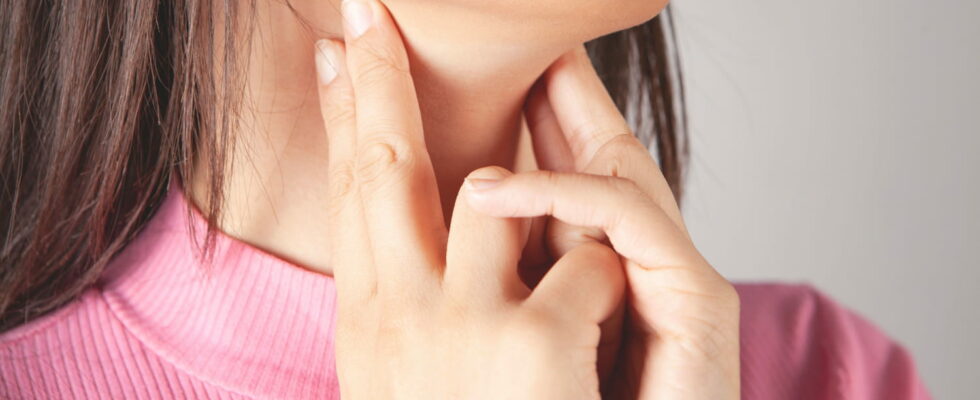Knowing that you are going to get sick, even before you feel the first symptoms? It’s now possible with this small connected accessory that constantly monitors your health.
Winter arrives with its usual procession of ills. Colds, flu, bronchitis and other pharyngitis remain guests that we would gladly do without for the end of year celebrations but which persist in forcing the door into our body. And very often, we only realize their presence when the first symptoms appear (fever, cough, etc.). And if current connected objects such as watches or bracelets cannot currently do much to prevent the imminence of an illness, the manufacturer of smart rings Oura has apparently found a solution.
Apple, Google, Huawei, Samsung, Xiaomi, etc. all focus on well-being and health to extol the merits of their connected watches and bracelets. These devices, packed with sensors, collect biometric data while encouraging you to move regularly and play sports. In recent years, another accessory has been trying to make a breakthrough in the world of health: the connected ring. Less intrusive than a watch or bracelet for those who cannot bear to keep such an object on their wrist during the night, and also more discreet, the connected ring is also equipped with numerous sensors. It monitors general health and the accompanying app provides plenty of advice to improve your physical condition.
One of the pioneers in this field, the Finnish Oura, has just taken a further step in prevention. After carrying out numerous studies during the Covid-19 pandemic with wearers of its rings, the firm has developed a system called Symptom Radar. The ring collects a lot of data: respiratory rate, resting heart rate, skin temperature, etc. Around forty measurements recorded over time are put through the algorithms and associated with other information about the user such as age and gender.
The data collected and analyzed makes it possible to establish a profile and detect abnormal variations over time. The main objective is to alert the user to a decline in their health before they even realize it themselves. The Oura application on smartphone will thus report the imminence of an illness with three indicators: No sign (everything is fine), Minor signs (some variations have been noted) and Major signs (there are no more doubt, you are harboring something).

Oura warns, however, that its rings are not medical devices and that consulting a doctor before starting or stopping treatment is strongly recommended. Furthermore, the firm indicates that the data collected from pregnant women is unreliable.
The Symptom Radar function will be deployed from December 9, 2024 on the Oura Ring Gen 3 ring models (from 279 euros) and Oura Ring 4 (from 399 euros). Remember that these rings are sold with a subscription at 5.99 euros per month which allows you to obtain monitoring over the duration of the data collected and essential for activating the Symptom Radar function.
If Oura is a pioneer in this type of alert function, we must hope that other manufacturers of connected rings will follow this path by also developing medical monitoring systems going further than the traditional monitoring of well-being. This could be a great argument to convince the public to adopt these rather expensive little gadgets.
